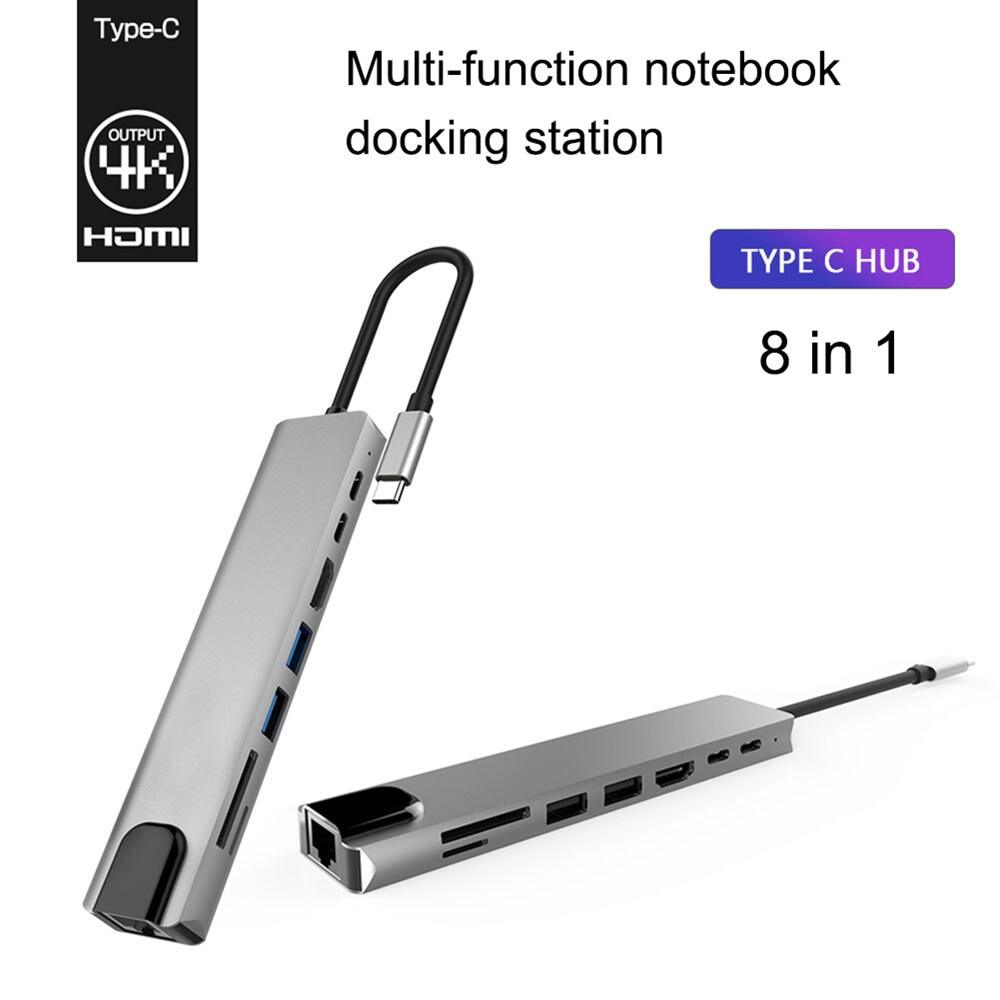
#Gin 1 card reader driver for mac archive#
#Gin 1 card reader driver for mac pdf#
*Data entered in the STRENDA DB submission form are automatically checked for compliance and receive a fact sheet PDF with warnings for any missing information. Standards for Reporting Enzymology Data (STRENDA DB)*.Mass spectrometry Interactive Virtual Environment (MassIVE).Kinetic Models of Biological Systems (KiMoSys).If authors use repositories with stated licensing policies, the policies should not be more restrictive than the Creative Commons Attribution (CC BY) license. If no specialized community-endorsed public repository exists, institutional repositories that use open licenses permitting free and unrestricted use or public domain, and that adhere to best practices pertaining to responsible sharing, sustainable digital preservation, proper citation, and openness are also suitable for deposition. Both FAIRsharing and Re3Data provide information on an array of criteria to help researchers identify the repositories most suitable for their needs (e.g., licensing, certificates and standards, policy, etc.). Additionally, the Registry of Research Data Repositories ( Re3Data) is a full scale resource of registered data repositories across subject areas.

PLOS does not dictate repository selection for the data availability policy.įor further information on environmental and biomedical science repositories and field standards, we suggest utilizing FAIRsharing we have also created a FAIRsharing page of PLOS-recommended repositories. PLOS has identified a set of established repositories, listed below, that are recognized and trusted within their respective communities. Authors should select repositories appropriate to their field of study (for example, ArrayExpress or GEO for microarray data GenBank, EMBL, or DDBJ for gene sequences). If field-specific standards for data or software deposition exist, PLOS requires authors to comply with these standards. Repositories may be either subject-specific repositories that accept specific types of structured data and/or software, or cross-disciplinary generalist repositories that accept multiple data and/or software types.


All data, software and code underlying reported findings should be deposited in appropriate public repositories, unless already provided as part of the article.


 0 kommentar(er)
0 kommentar(er)
